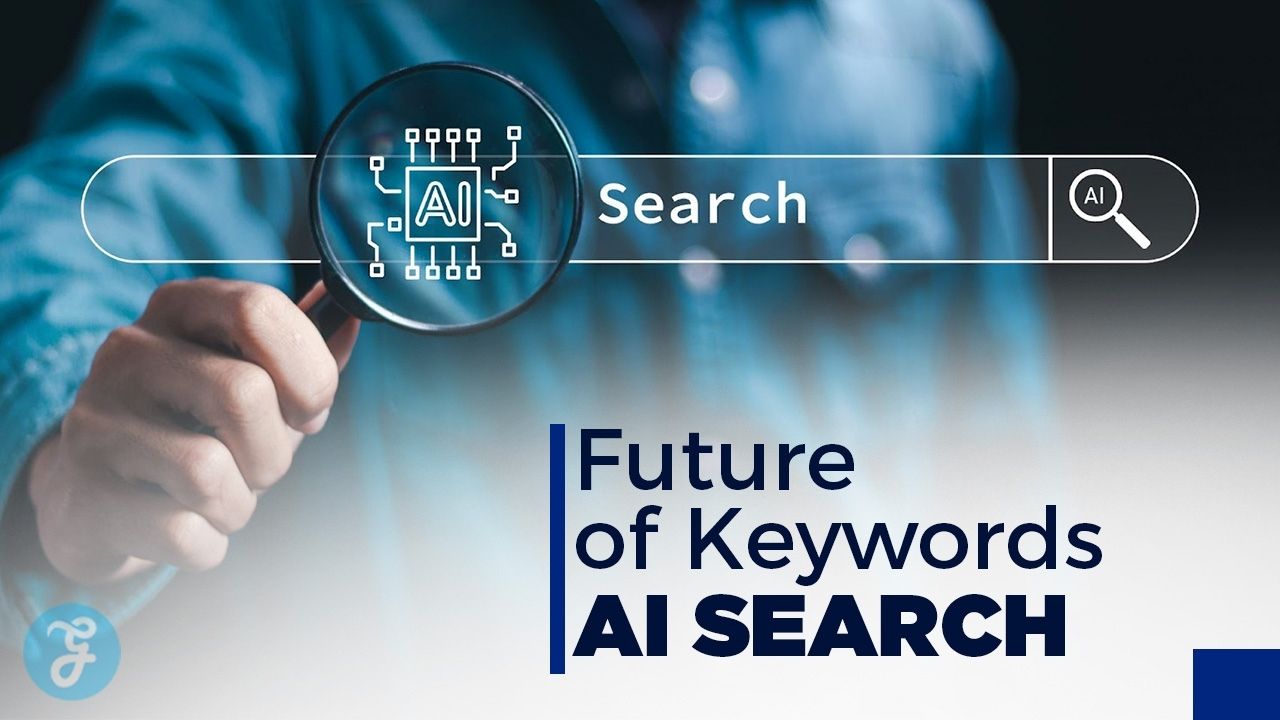Ever since Google’s new feature AI Overviews was caught spitting out nonsensical and boldly wrong answers to search queries after its launch, the tech company has been trying to course correct its AI-generated search summaries with a slate of fixes and guard rails. This has been a significant development in the realm of search technology, where accuracy and reliability are paramount.
Drastic Reduction in AI Results
It also appears that Google is now serving the AI results to far fewer users, signaling at least a temporary retreat from the technology. Before the change, according to a new study from SEO company BrightEdge, AI Overviews summaries were showing up in response to around 84 percent of queries. Now that figure has fallen drastically, to around 15 percent of queries. This dramatic reduction indicates a significant shift in Google’s strategy regarding AI integration in search results.
“The likely reason is to reduce the risks of incorrect AI answers while refinements are made in a public environment,” the study reads. This careful approach suggests that Google is prioritizing user trust and the quality of information over the rapid deployment of new features.
Costs and Revenue Concerns
Barry Schwartz, the founder of Search Engine Roundtable, provided additional insights into the situation. “Of course, I do not disagree,” Schwartz wrote of the assessment provided by BrightEdge. “But I’d add in there, also the cost of running these, plus they likely don’t work so well with Google Ads, and thus generate less revenue than a search result page without AI Overviews, at least at this point.” Schwartz’s comments highlight the economic factors that may influence Google’s decisions. The costs associated with running advanced AI systems are non-trivial, and if these systems do not integrate well with existing revenue models like Google Ads, the incentive to push them aggressively diminishes.
When AI Overviews Appear
AI Overviews are more likely to appear if you phrase your search as a question, according to the research, and are more likely to trigger for healthcare-related keywords. This insight into the behavior of AI Overviews can help users understand when and why they might encounter these AI-generated summaries. It also suggests areas where Google might focus its improvements, particularly in fields like healthcare where accurate information is crucial.
Future of AI Overviews
Don’t expect the proportion of AI results to remain stagnant, though. “I expect Google to start ramping this up more over time as they’re able to improve the product,” SEO expert Lily Ray opined on X. “This is why I think drawing conclusions about current impacts of AIO might not prove to be accurate over time.” Ray’s perspective offers a forward-looking view on the situation, suggesting that the current state of AI Overviews is merely a stepping stone towards a more refined and reliable tool.
Ongoing Refinements
We should expect more bumps along the road as Google tweaks or refines the parameters of AI Overviews. The process of integrating AI into search results is complex and involves continuous adjustments and improvements. But will we ever see the kind of crazy AI Overviews answers like putting glue on pizza, which people brought up as a sign of the deep flaws in Google’s AI? These bizarre responses have been widely shared and criticized, emphasizing the need for robust testing and refinement.
Despite these challenges, the goal remains to provide users with accurate, helpful information quickly. Google’s commitment to improving AI Overviews is evident in the steps it has taken to reduce their prevalence while working on enhancements. This careful approach aims to balance innovation with reliability, ensuring that users can trust the information they receive.
In conclusion, Google’s AI Overviews have faced significant challenges since their launch. The reduction in their appearance in search results, coupled with ongoing refinements, indicates that Google is taking a cautious yet committed approach to improving this technology. The insights from experts like Barry Schwartz and Lily Ray provide valuable perspectives on the economic and developmental aspects of this journey. As Google continues to refine AI Overviews, users can expect more accurate and reliable search summaries in the future.











































